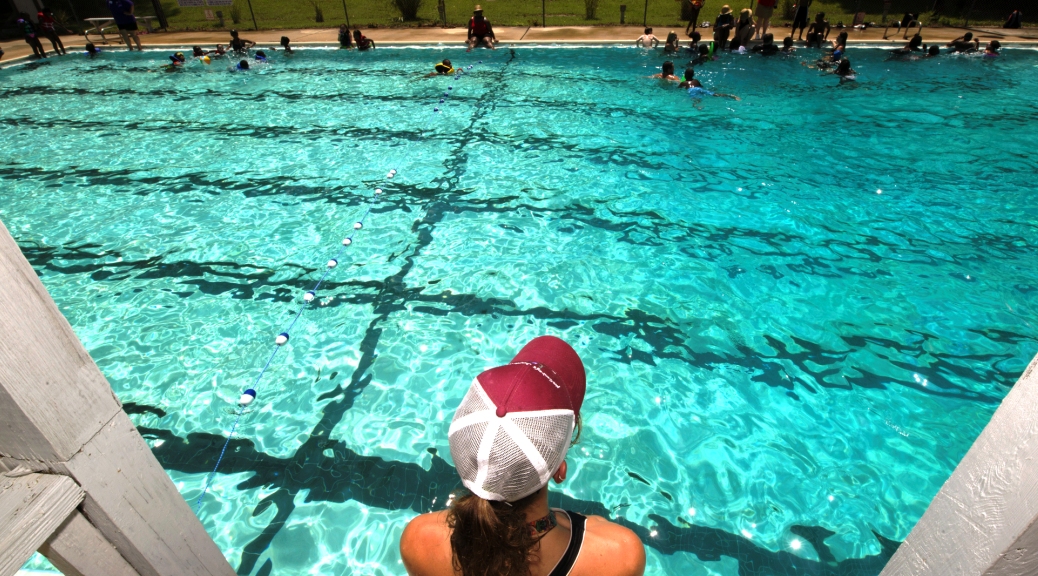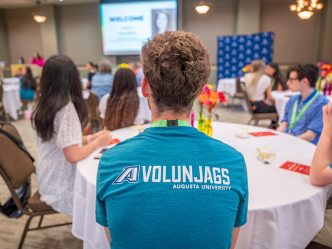AUGUSTA, Ga. – Drowning is the number one killer of children under the age of 5.
“What makes this statistic even more tragic is that these young children are more likely to drown in a residential swimming pool than in any other body of water,” said Dr. Natalie Lane, Medical Director of the Emergency Department at Children’s Hospital of Georgia.
“What we often hear in the emergency room is that a group was gathered at the pool for an event or party, but no one was taking ownership of watching the children in the pool,” said Lane. “Unfortunately, folks think someone else is watching the kids, or falsely assume that everyone is keeping an eye out. This is where the trouble begins.”
The American Academy of Pediatrics recommends that parents avoid installing a swimming pool until children are over age 5. However, if you own a pool, or use one, Lane recommends that you follow the “ABCs” of pool safety:
Abide by the Rules
• Never leave children alone in or near the pool.
• Children should be supervised by an adult who can swim.
• Maintain a clear, unobstructed view of children at all times.
• Do not substitute inflatable flotation devices for approved life vests.
• Keep children from playing or swimming near pool drains, pipes and other openings.
• After your family is done swimming, remove toys and floats from pool area that could attract children to the water.
Be Prepared
• Teach children how to swim; at the very least, they should learn basic water safety tips.
• Parents and caregivers should learn CPR and rescue breathing. The key to better outcomes in near drowning is bystander CPR.
• Don’t panic. If your child is missing, look for him or her in the pool first.
• Formulate an emergency action plan with your children and rehearse each family member’s role.
• Keep a phone available at the poolside in case of emergencies.
Childproof Your Pool
• Install a self-latching and self-closing fence around the pool area. Fences should be at least 4 feet high.
• A safety cover should be placed over the water area when the pool is not in use.
• Keep rescue equipment and emergency phone numbers poolside.
• Install a pool alarm to alert you when children are near the water.
• Have a qualified professional inspect drain suction fittings and covers on a regular basis to ensure they meet current safety standards.
Swimming provides great fun and exercise for kids. But always remember to play it safe during pool time.
The 154-bed CHOG is the second-largest children’s hospital in the state, providing the highest level of pediatric critical care and neonatal intensive care, as well as a wide range of general and complex health care for children. Visit CHOG at facebook.com/GAChildrens and twitter.com/GAChildrens
https://vimeo.com/130783384
 Augusta University
Augusta University




